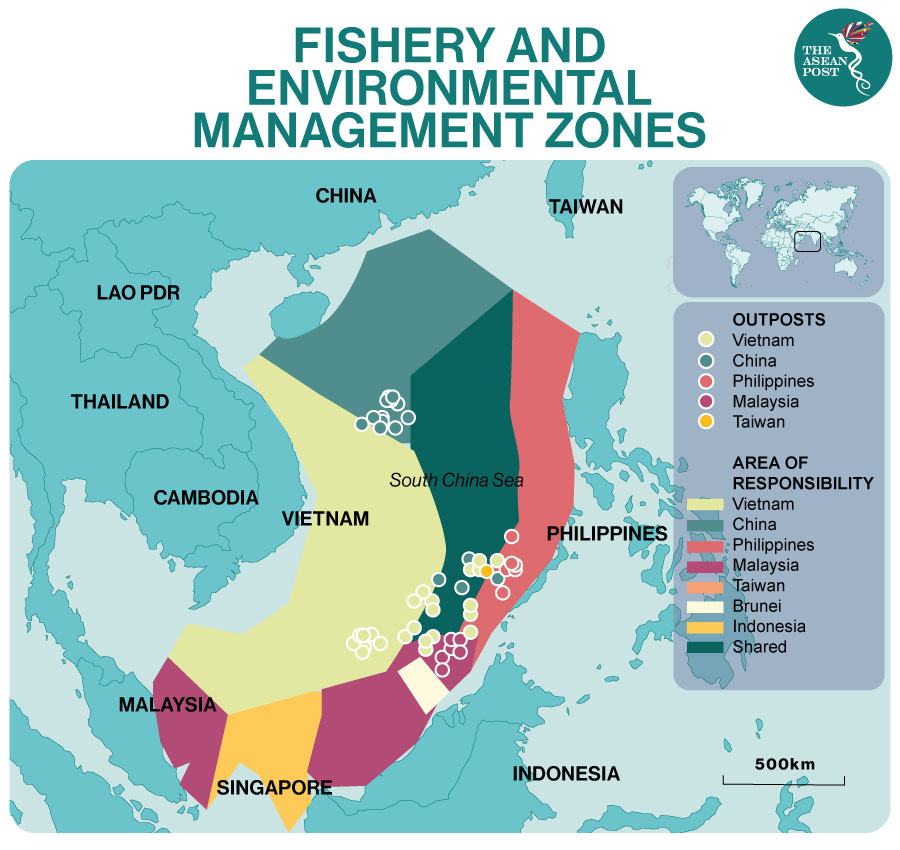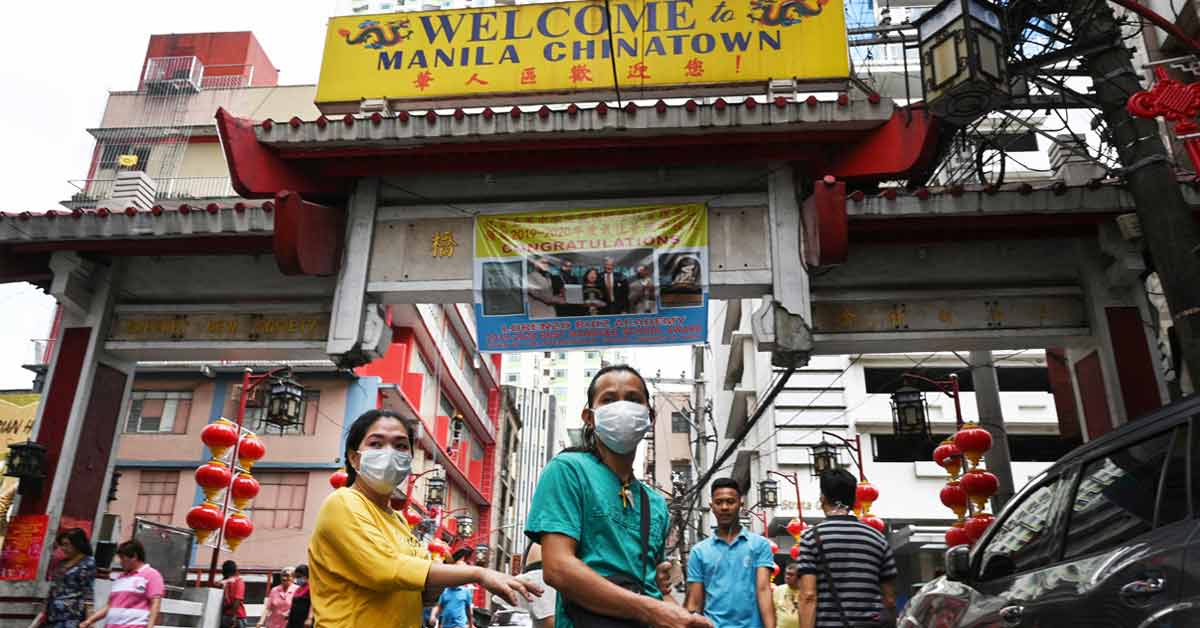In the strengthening of bilateral relations between the Philippines and China, diplomatic activities and cultural exchanges between the two countries both, at the state-to-state and people-to-people levels are pivotal ingredients in enhancing mutual understanding, cooperation, friendships, and the resolution of differences and conflict of interests.
In the same manner that the inter-state relations between the two countries are very important, people-to-people ties are thus far one of the building blocks that strongly binds the bilateral relations of China and the Philippines.
People-to-people means the interaction between normal citizens of two countries at various levels without any official interference and guidance.
Historical Context
Historically, contact between the two peoples can be traced back to ancient times. Indeed, the Philippines and China have long shared histories, kinships, and cultural affinities, which could be traced back to pre-colonial times, meaning before Spanish colonisation. As early as 3,000 years ago, Chinese and Filipinos were already conducting people-to-people exchanges, commerce, and trade.
According to historians and based on early Chinese writings, China began trading with the Philippines as far back as the seventh century with ancient coins and porcelain as trading goods through the Galleon trade. Chinese traders would barter China wares, iron, lead, and zinc with Philippine products such as condiments, beeswax, betel nut, and pearls.
Likewise, among countries in Southeast Asia, the Philippines is thus far geographically one of the closest if not the closest to China, only separated by the disputed waters of the South China Sea (SCS), in which the two countries have a conflict of interests.
Nevertheless, even with the geographic proximity and shared histories of the two countries, the Philippines and China also have experienced challenges in their bilateral relations, which started in the 1950s and 1960s, most particularly after the 1949 Communist revolution in China.
During this time, the resolutely anti-Communist Philippine government made it a point to have limited or no contact at all with any communist or socialist state for that matter for it was afraid that any contact with the communist/socialist world would pave the way for an outbreak of communism in the country.
It was not until the 1970s when the Cold War in Asia started to meltdown that the two countries made serious attempts to have contact with each other, which led to fundamental foreign policy changes in China and the Philippines that paved the way towards rapprochement; eventually leading to the establishment of official diplomatic relations between the Philippines and China on 9 June, 1975.
People-To-People Ties
One of the instrumental and pivotal factors that helped in the establishment and strengthening of the official diplomatic ties between the Philippines and China is people-to-people relations. Before the establishment of official diplomatic ties between the two countries, the Association for Philippines-China Understanding (APCU), a non-government organisation (NGO) based in the Philippines was already active in promoting people-to-people relations between the two countries.
The APCU is the pioneer and leading NGO in the Philippines for promoting people-to-people diplomacy, bilateral understanding, and friendship between the Philippines and China through (a) cultural, academic, and visit exchanges; (b) sisterhood between Philippine Local Government Units (LGUs) and Chinese LGUs; and (c) economic and trade cooperation and partnership.
The Association started as an informal group of Chinese friends in 1972 organised to coordinate aid and assistance from the People’s Republic of China for the victims of a destructive flood that struck Central Luzon at the time. China had no diplomatic relations with the Philippines at the state level during that time, thus, cooperative efforts between the two countries were coursed through people-to-people relations and ties.
From this experience, the group expanded to include other progressive artists, businessmen, journalists, civic leaders, and academics. Eventually, in 1974, the APCU was set up, and registered as an NGO with the Securities and Exchange Commission (SEC).
As part of its programs/projects, it organised study and cultural visits to China. It also staged various projects like fora, symposia and came up with newsletters launched to promote bilateral understanding, cooperation, and friendship between the two countries. These projects and activities notably preceded the establishment of diplomatic relations between the Philippines and China in June 1975.
The APCU was recently reactivated under the leadership of one of its founding members, former President Gloria Macapagal Arroyo, who is the Chairman Emeritus of the organisation. It has regional chapters in Baguio, Cebu, Davao, Angeles City, and Pangasinan.
APPCU 2021
Just recently, the APCU launched two important projects which will further help to promote mutual understanding, friendship, and cooperation between the two countries and peoples. These projects are the Manila Forum for China-Philippines Relations and the Award for Promoting Philippines-China Understanding (APPCU) – 2021.
It can be recalled that on 16 January, 2021, State Councillor and Foreign Minister Wang Yi and former Philippine President Gloria Macapagal Arroyo jointly attended the inauguration of these projects via video link.
The basic rationale behind the launching of these two projects is to actively continue the efforts of promoting friendship between China and the Philippines and to enhance people-to-people exchanges, noting that amity between people holds the key to sound state-to-state relations.
Likewise, as neighbours facing each other across the sea, despite differences and conflict of interests in the contested waters of the SCS, China and the Philippines boast geographical proximity, cultural affinity, and a long history of friendly people-to-people exchanges. This friendship between the two peoples needs to carry on, move forward, and be passed down to the present and succeeding generations.

The setting up of the Award for Promoting Philippines-China Understanding (APPCU) aims to encourage more people to join the endeavour of promoting China-Philippines friendship between the two peoples and to further promote and strengthen mutual understanding to overcome differences between the two countries and peoples.
The APPCU looks for individuals who have made efforts through time in strengthening ties and promoting friendly relations between the Philippines and China. It also encourages Filipinos to help and commit to the promotion of China-Philippine friendship and mutual understanding.
The APPCU also pays tribute to those who have made contributions in enhancing mutual understanding and consolidating the friendship between the two peoples, using their respective endeavours in different fields and disciplines such as Public Service; Trade, and Commerce; and Arts, Culture, and Sciences.
The Award for Promoting Philippines-China Understanding (APPCU) was jointly set up by the Embassy of the People’s Republic of China in the Republic of the Philippines and the Association for Philippines-China Understanding (APCU).
Conclusion
The promotion and strengthening of people-to-people relations exemplified by the APCU as a form of public diplomacy is vital in engagement and relationship building between the Philippines and China by facilitating links and systems of communication that can be relied upon especially when tensions between the two countries arise and when clarifying differences and conflict of interests between the two countries at the grassroots or people-to-people level is required.
The building and cultivation of people-to-people links and ties as a means of sustaining a healthy, strong, and mutually beneficial relationship between the two countries is indeed significant. Thus, it is important to acknowledge the vital role of various stakeholders like the APCU in contributing to the strengthening of the vitality of Philippines-China bilateral relations and to support them in their activities.
One should not forget that effective public diplomacy is anchored on strong and lasting people-to-people links and ties between countries.
This Is The Final Part In A Series Of Articles On The South China Sea Dispute
Related Articles:

